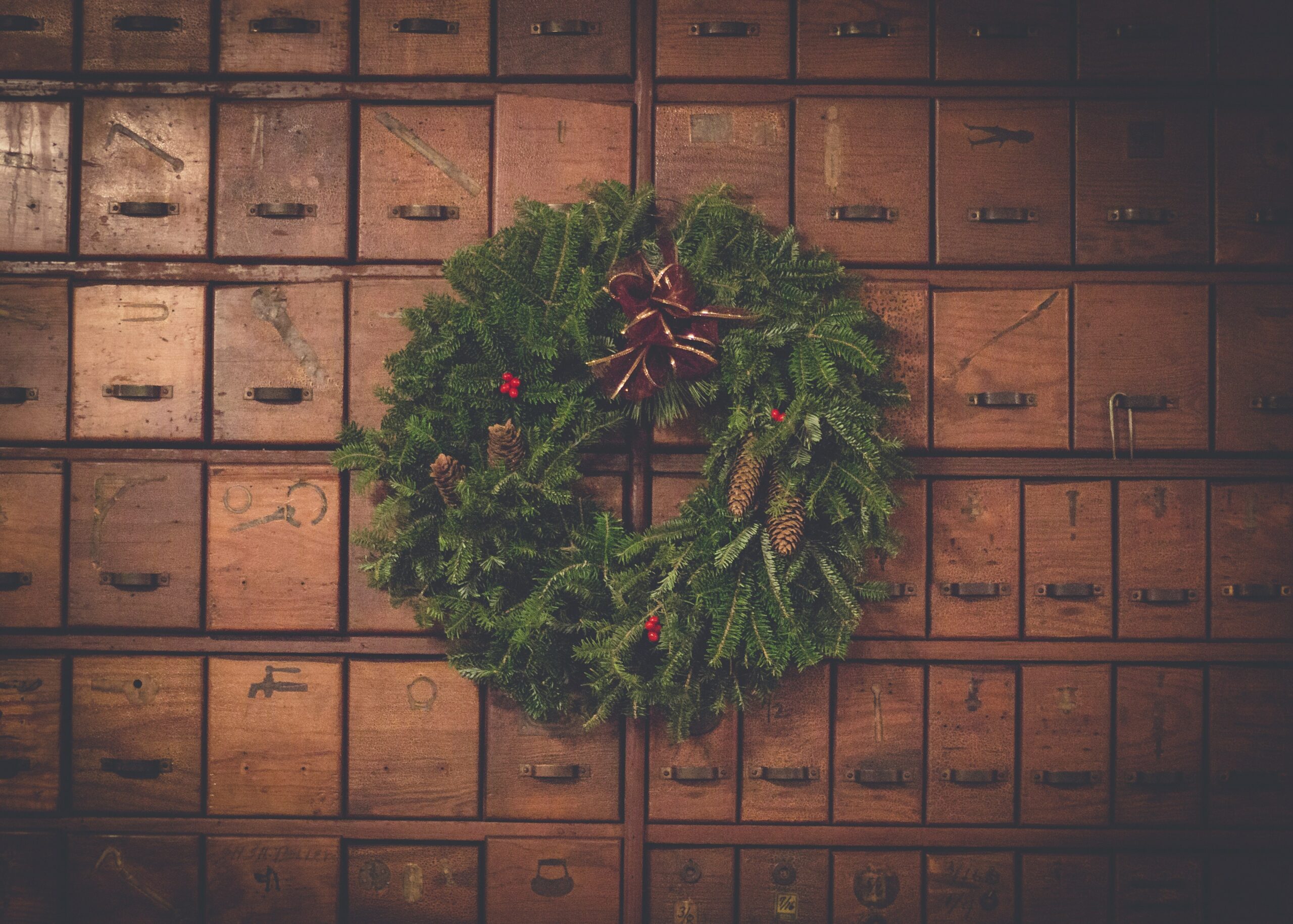

Introduction to holiday traditions
As the year winds down, a sense of anticipation fills the air. Holiday traditions bring people together, creating moments filled with joy and connection. Around the world, communities celebrate in diverse ways—each tradition carrying its own unique charm and meaning. Exploring these customs not only enriches our understanding but also deepens our appreciation for cultural diversity. Whether it’s twinkling lights or vibrant festivities, there’s something magical about experiencing holiday celebrations beyond your borders. Let’s embark on a journey to discover five remarkable holiday traditions from around the globe that are worth celebrating!
Christmas in Germany: The Christkindlmarkt
Christmas in Germany is a magical time, and the Christkindlmarkt captures that spirit beautifully. These festive markets appear in towns across the country, each with its own charm.
Visitors are greeted by twinkling lights and cheerful melodies as they stroll through wooden stalls filled with handmade crafts. The aroma of roasted chestnuts and spiced wine fills the air, inviting passersby to indulge their senses.
Vendors offer traditional treats like lebkuchen (gingerbread cookies) and bratwurst. It’s an experience that brings families together, fostering a sense of community amidst the holiday hustle.
With vibrant decorations adorning every corner, it feels like stepping into a winter wonderland. From live music to carol singing, there’s always something enchanting happening at these markets. Each one tells its own story, creating memories that linger long after the season has passed.
Hanukkah in Israel: Lighting the Menorah
Hanukkah, often called the Festival of Lights, holds a special place in Israel. Each year, families gather to celebrate this eight-day holiday with joy and devotion.
The ritual begins with lighting the menorah. This beautiful candelabrum features nine branches—one for each night and an additional candle known as the shamash. As darkness falls, flames flicker to life, illuminating homes and hearts alike.
In cities across Israel, public menorahs shine brightly in town squares. People come together to witness these vibrant displays of faith and community spirit. The atmosphere is filled with song and laughter.
Delicious foods like latkes (potato pancakes) are served alongside sweet sufganiyot (jelly-filled doughnuts). These treats add flavor to the festivities while symbolizing abundance.
Whether through prayers or shared meals, Hanukkah creates bonds that transcend generations. It’s a time for reflection on miracles past and hope for those yet to come.
Kwanzaa in the United States: Celebrating African Heritage
Kwanzaa, celebrated from December 26 to January 1, honors African heritage and culture. It was created in the1960s by Dr. Maulana Karenga as a response to racial injustice.
The holiday revolves around seven principles known as the Nguzo Saba. Each day focuses on one value, like unity and creativity. Families gather to reflect on these themes while fostering community spirit.
Traditional decorations include colorful African cloths and handmade items that symbolize cultural pride. The kinara, a candleholder with seven candles, plays a central role during Kwanzaa celebrations. Each candle represents one of the principles.
Food is another important aspect of Kwanzaa gatherings—dishes often highlight African recipes or ingredients that evoke family traditions. Sharing meals strengthens bonds among loved ones while honoring ancestors who paved the way for future generations.
Through music and dance, participants celebrate their rich history together—creating lasting memories filled with joy and connection.
Lunar New Year in China: A Festive Reunion
Lunar New Year, or Spring Festival, is a grand celebration in China that marks the beginning of a new lunar calendar year. Families come together to honor their ancestors and share joyous moments.
The festivities kick off with vibrant parades featuring dragon dances and colorful lanterns. Streets overflow with decorations in red, symbolizing good fortune and joy. The air buzzes with excitement as people prepare for feasts filled with traditional dishes like dumplings and rice cakes.
One key element of this holiday is the reunion dinner held on New Year’s Eve. It’s a heartwarming occasion where family members gather, often traveling long distances just to be together. Each dish served carries special significance, representing wishes for prosperity and happiness.
Children eagerly await red envelopes filled with money from elders—a symbol of blessings for the coming year. This exchange fosters bonds within families while welcoming luck into their lives during this festive season.
Why experiencing different holiday traditions is important
Experiencing different holiday traditions opens our minds and hearts. It allows us to see the world through diverse perspectives. Each celebration carries its own stories, rituals, and meanings that enrich our understanding of humanity.
When we immerse ourselves in these customs, we cultivate empathy. We learn about others’ values, beliefs, and history. This fosters connections beyond borders.
Moreover, trying new traditions adds joy to our lives. Whether it’s tasting unique dishes or participating in lively ceremonies, every experience is a chance for discovery.
These moments provide opportunities for personal growth as well. They challenge preconceived notions and inspire appreciation for cultural diversity.
In a globalized society, embracing various traditions strengthens community bonds too. It encourages dialogue and cooperation among individuals from different backgrounds who may share similar hopes and dreams despite their differences.
Conclusion
Exploring holiday traditions from around the globe offers a unique glimpse into diverse cultures and values. Each celebration holds deep significance, whether it’s the enchanting Christmas markets in Germany or the vibrant festivities of Lunar New Year in China. These experiences broaden our understanding and appreciation of what unites us as humans.
Participating in such events not only enriches your own life but also fosters connection with people from different backgrounds. Whether you’re lighting candles for Hanukkah, celebrating African heritage during Kwanzaa, or simply enjoying festive meals with family during these special times, each tradition has something valuable to share.
As we embrace various customs and practices, we cultivate empathy and respect for one another. This holiday season, consider stepping outside your comfort zone to experience new traditions. It just might change your perspective on what it means to celebrate together.
